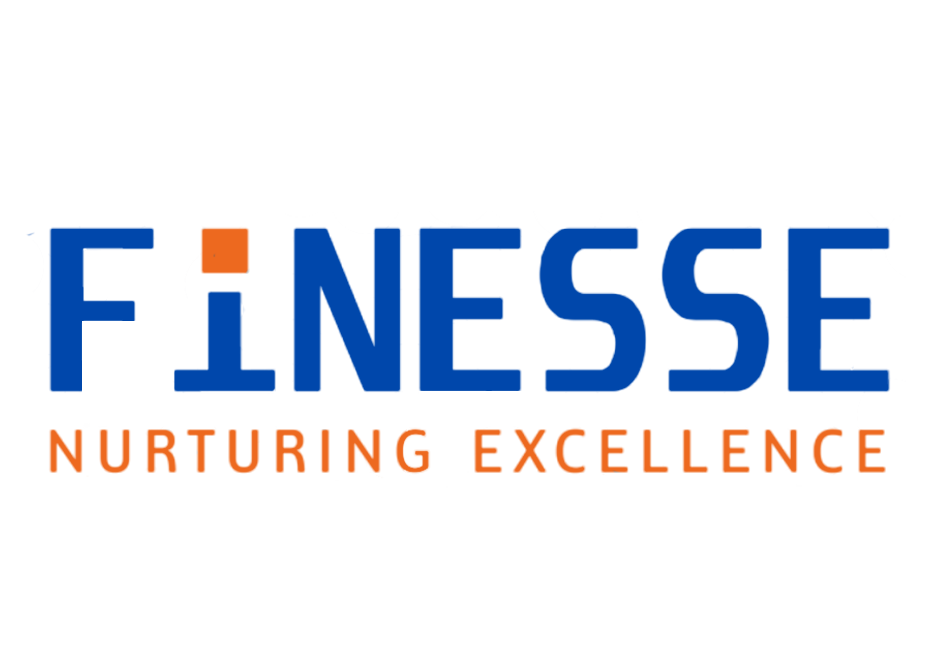In today’s fast-paced and ever-evolving business landscape, strong leadership is not just desirable—it’s essential. Companies thrive or falter based on the quality of their leaders, making leadership assessment and development a crucial part of organizational strategy. But how can businesses effectively identify potential leaders and nurture their growth? This blog will explore the best practices for leadership assessment and development, providing a roadmap for businesses aiming to cultivate a robust leadership pipeline.
Understanding Leadership Assessment
Leadership assessment is the process of evaluating individuals to determine their potential to take on leadership roles within an organization. It involves the use of various tools and methodologies to measure a person’s competencies, behaviors, and traits that are critical for effective leadership.
A leadership assessment test can take various forms, such as personality assessments, cognitive ability tests, and 360-degree feedback. These tests are designed to provide insights into a candidate’s leadership potential by evaluating their decision-making abilities, communication skills, emotional intelligence, and other key leadership qualities. Organizations can use these insights to identify high-potential individuals who can be groomed for future leadership roles.
Key Components of Leadership Assessment
- Competency Framework: A well-defined competency framework is the foundation of effective leadership assessment. This framework outlines the key skills, behaviors, and attributes that a leader should possess, tailored to the specific needs and culture of the organization.
- Multi-Source Feedback: Gathering feedback from multiple sources—such as peers, subordinates, and supervisors—provides a holistic view of an individual’s leadership abilities. This 360-degree feedback method is particularly valuable as it captures different perspectives, offering a more comprehensive assessment.
- Behavioral Interviews: Unlike traditional interviews, behavioral interviews focus on how a candidate has handled specific situations in the past, providing insights into their problem-solving skills, adaptability, and leadership style.
- Psychometric Tests: These assessments measure a candidate’s psychological traits, including personality, emotional intelligence, and cognitive abilities. Psychometric tests help predict how a potential leader might behave in different scenarios and how they might handle the pressures of leadership.
- Simulations and Role-Playing: Leadership simulations and role-playing exercises allow candidates to demonstrate their abilities in real time. These assessments are particularly useful in evaluating how an individual handles crises, makes decisions, and leads a team under pressure.
Developing Leadership Capabilities
Once high-potential leaders have been identified through a thorough leadership assessment, the next step is to develop their capabilities. Leadership development is an ongoing process that involves continuous learning, experience, and feedback.
- Personalized Development Plans: Based on the results of the leadership assessment, organizations should create personalized development plans for each candidate. These plans should address specific areas for improvement and outline a clear path for growth, including short-term and long-term goals.
- Mentorship and Coaching: Pairing emerging leaders with experienced mentors or coaches can significantly accelerate their development. Mentorship provides guidance, support, and wisdom, while coaching focuses on building specific skills and competencies.
- On-the-Job Learning: Real-world experience is one of the most effective ways to develop leadership skills. Organizations should provide opportunities for emerging leaders to take on challenging assignments, lead projects, or even temporarily fill leadership roles to gain hands-on experience.
- Continuous Feedback and Assessment: Leadership development should not be a one-time event but a continuous process. Regular feedback sessions and ongoing assessments help track progress, identify new areas for improvement, and adjust development plans as needed.
- Formal Training Programs: While on-the-job experience is crucial, formal training programs also play a vital role in leadership development. These programs can cover a wide range of topics, from strategic thinking and decision-making to communication and emotional intelligence.
Building a Culture of Leadership
For leadership assessment and development to be truly effective, it must be ingrained in the organization’s culture. This means that leadership development should be a priority at all levels, not just for senior executives. By fostering a culture that values continuous learning, feedback, and growth, organizations can ensure that leadership development is an ongoing priority.
- Leadership as a Core Value: Organizations should explicitly state that leadership is a core value and embed it into their mission and vision statements. This sets the tone for the entire company and signals to employees that leadership development is a critical component of the business strategy.
- Open Communication: Encourage open communication across all levels of the organization. When employees feel heard and valued, they are more likely to step up and take on leadership roles.
- Encouraging Innovation: Create an environment where innovation and risk-taking are encouraged. Leaders are often those who are willing to challenge the status quo and drive change.
- Recognizing and Rewarding Leadership: Recognize and reward leadership behaviors at all levels. Whether it’s through formal awards or informal acknowledgment, celebrating leadership sets a precedent for others to follow.
Conclusion: Finesse in Leadership Development
Leadership assessment and development are not just about identifying and nurturing potential leaders; it’s about building a sustainable culture of leadership that permeates every aspect of an organization. By implementing best practices such as personalized development plans, mentorship, continuous feedback, and a focus on real-world experience, companies can cultivate strong leaders who will drive their success.
At Finesse, we understand the critical importance of leadership assessment and development in achieving organizational excellence. Our tailored solutions help businesses identify and nurture their future leaders, ensuring that they have the right skills, mindset, and vision to lead with confidence and success. Investing in leadership today means securing the future of your business for tomorrow.



